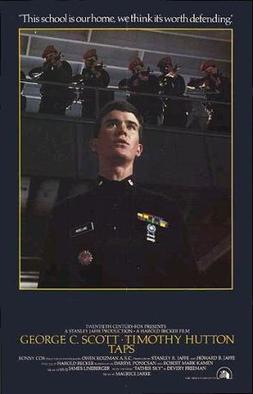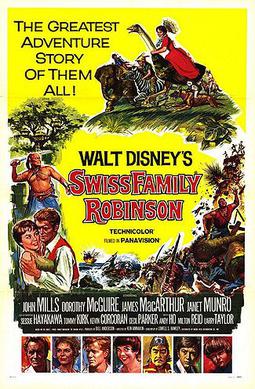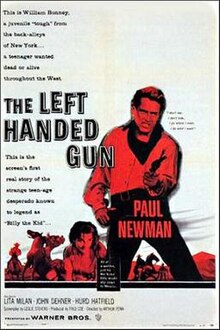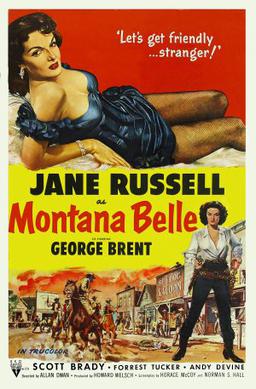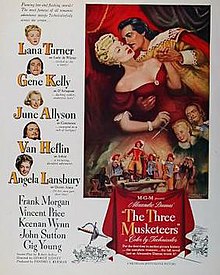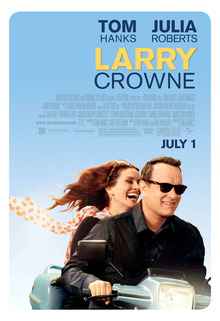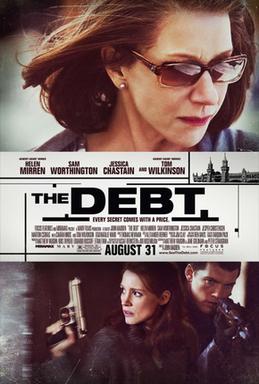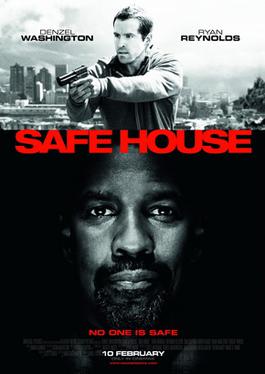As commander of the Bunker Hill Military Academy, General Harlan Bache (George C. Scott) does his best to instill a feeling of pride, honor and duty among his cadets. One of the cadets, Brian Moreland (Timothy Hutton), has just been promoted to Major -- the highest ranking cadet -- for his senior year only to have some shocking news revealed. The Academy will be shut down in exactly one year, the grounds cleared for high-rise condos. An incident between some cadets and boys from the local town prompts an outcry though, and the date is moved up so the Academy will close immediately. Seeing his world and second home torn away from him, Moreland concocts a plan. With all the remaining cadets, Major Moreland takes over the Academy with armed force, but even he couldn't have predicted what his actions will produce.
From director Harold Becker, Taps has a feel of authenticity. Hutton and the rest of the young actors lined up with actual members of the Academy, doing the drills and living the life with them. The most important thing to come from this is that they're believable. To a man, they look comfortable in the part. The portrayal of the military is fair; an honor-bound society that lives by a specific code of morals and principles. You do what's right because it is right, not for any other reason. Filmed at Valley Forge Military Academy in Pennsylvania, Taps shows the life of the cadets from the various uniforms to the drilling to the dorms. An impressive scene has Hutton's Brian leading the commencement ceremony, the entire Academy parading around a field, and you believe it. All these little things, all these details add up because you see the life of these cadets -- good or bad on a personal level -- and what pushes them to do what they do.
Uniformly (pun intended) solid, three performances from the cadets stand out. This was Hutton's second feature film (he'd won an Oscar for his 1st part in Ordinary People) with co-stars Sean Penn making his screen debut and Tom Cruise making his first appearance in a non-background role. The talent on the screen even at a young age for all three is unquestioned. Hutton is the born leader, but he's quite sane and very intelligent. He loves the military life and resents the change. Him more than anyone else has fallen hook, line and sinker for General Bache's teachings about honor. Penn plays his best friend, Alex, a somewhat unwilling member of the revolt who sticks with it because he's going to stick it out next to his friend, not because he truly believes. On the other hand, there's Cruise's Shawn, a capable leader but a hot-head and possible fanatic. It's almost like good and evil, Alex on one shoulder as Brian's conscience, Shawn on the other as the Devil. Other keys part for the cadets include Giancarlo Esposito and Evan Handler as the two other cadet officers, Pierce and West, with Brendan Ward and John P. Navin Jr. as Charlie and Derek, two of the youngest cadets involved in the takeover.
In telling the story, Becker makes a wise choice. We see the story only from the cadets' perspectives and other than one quick detour, the whole story takes place within the walls of the Academy. We really only get to know two adult characters, Scott's General Bache and Ronny Cox as Colonel Kerby, commander of the National Guard called in to handle the situation which goes on for days. In a more subtle, understated part, Scott's performance is reminiscent of his most iconic role, George S. Patton, making it clear why these boys and young men believe so strongly in him. It's not a huge role, but it's a memorable one. Cox too brings humanity to a part that needs it. He wants to get the situation resolved as quickly as possible with as little bloodshed as possible. His one-on-one with Hutton's Moreland late at the Academy fence is an especially memorable confrontation. But other than these two parts, this movie belongs to the cadets. We see the quickly-escalating situation through their eyes and through what they see.
Making that choice works because we feel like we're right there with them. From the start, you know there will be no Hollywood happy ending. You can start to question their real motives, and that's where this movie rises above. Hutton and Cruise are the clear believers, truly believing in what they're doing. What about everyone else? Do they go along with it because the majority does or because they believe too? As the days wear on and an armed response from the National Guard looms, the courage begins to wither away for many. It's only late that Hutton's motives can be questioned. Has he been brainwashed? Has he gone too far because of a personal problem? Providing all the answers, the ending is especially emotional. Several scenes will no doubt leave a lasting impression, one in the predawn hours before the attack, the other coming in the movie's final minutes. It is an incredible ending, an appropriate, moving one if not a happy conclusion.
An underrated movie, I really enjoyed it. The message board at IMDB makes claims of dull, unrealistic, stupid, but I think they miss the point. The armed takeover and the ensuing situation isn't supposed to be an incredibly realistic development. It is a means to an end. It is intended to show these young men in a situation that becomes bigger than them and their intentions or beliefs. Their code of honor and pride is put to the test. Could something like this happen? Sure, of course it could, but it's the message that is important more than the situation.
Taps <---trailer (1981): *** 1/2 /****

